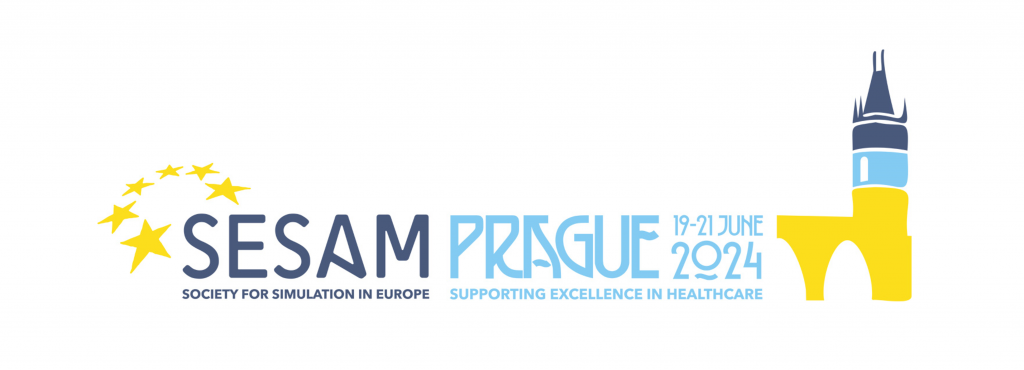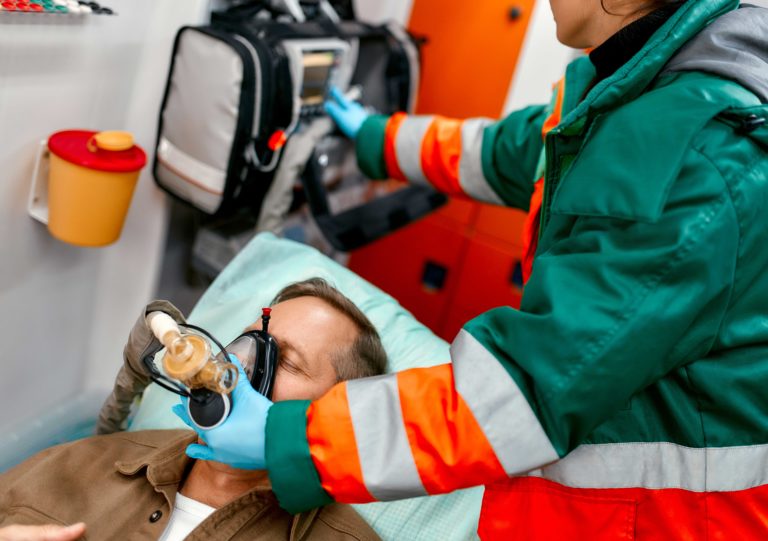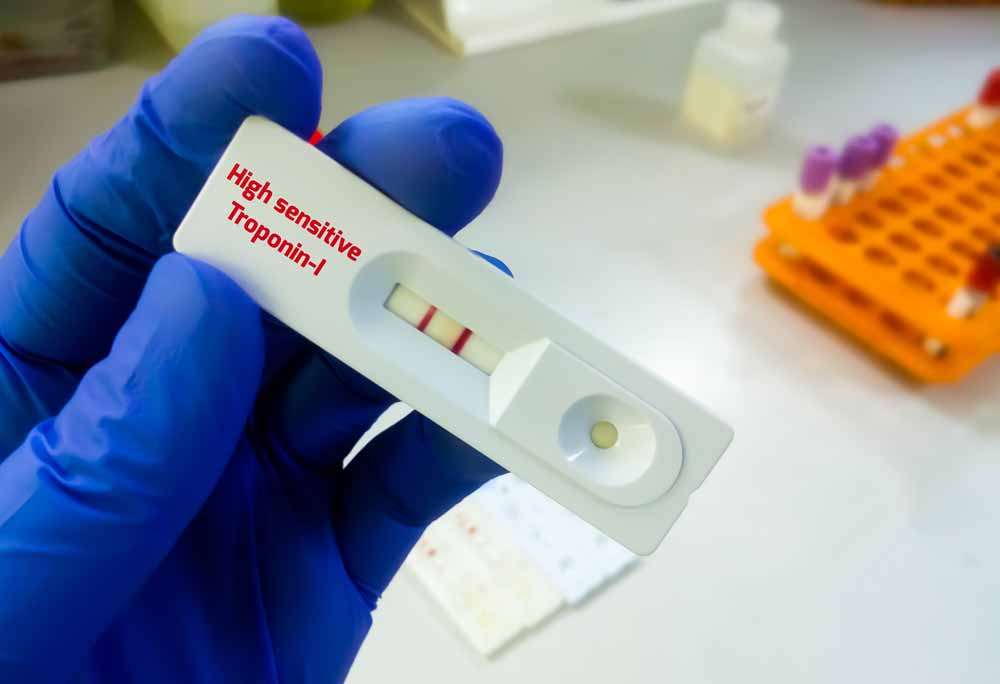Meaning of the platform title “ClinCaseQest”

We continue to get acquainted with the simulation training platform.
We will talk about the name of the simulation training platform “ClinCaseQuest”.
If the abbreviation “ClinCase” is likely to be close and understandable to the medical community, the concept of “Quest” needs to be described in more detail to better understand the goals, mission, and content of the Platform itself.
Thus, the abbreviation “ClinCase” is an abbreviation of the clinical case, which is the basis of the daily activities of doctors.
And what is a Quest and what is its secret?
Quest or adventure game is one of the main genres of computer games, that is an interactive story with the main character, controlled by the player. The most important elements of the game in the quest genre are the own story and exploration of the world, and a key role in the gameplay is played by solving puzzles and tasks that require mental effort from the player.
The adventure game simulates a certain life situation and conditions in detail, completely immersing you into the game reality with a detailed design of the space and a realistic scenario. You become a full-fledged character in the story you fall into.
Let’s focus on the ClinCaseQuest simulation training platform:
Quests in the simulation training platform “ClinCaseQuest” are scenarios of clinical cases, which are separate training simulators, medical games. The purpose of training in such simulators is to pass a quest / solve a clinical situation, to help a patient: communicate with patients in dialogue simulators, examine a patient, prescribe and perform diagnostic measures, correctly interpret the results of laboratory and instrumental methods, make a final diagnosis and prescribe an appropriate treatment. During the scenario of a clinical case, you can make mistakes and see the consequences of your decisions, experience them at the level of emotions, but you always have to find the right solution. You will be able to communicate with colleagues, participate in consultations, it will help you to better understand the clinical situation, you will be able to use different subjects and tips to get more information, perform different tasks, and go through different simulation locations (e.g. reception, intensive care unit, angiography, general ward, etc.) like the logically connected “quest rooms”.
The number of “quest rooms”, the so-called simulation locations in the structure of a clinical situation may be different, and is determined primarily by the logic of the clinical situation in real clinical practice, the complexity of the issues involved in solving the clinical situation, of clinical resources involved in solving the clinical situation, specialists, etc.
Only when you perform all the tasks correctly – the passage of the simulation location will be counted. And when you pass all the locations in each clinical situation, you will be credited with a whole simulation training. The progress of the simulation locations is saved. And you can go through different simulation locations on different days, because sometimes the passage of such quest scenarios can take from 3 to 6 hours.
Simulation locations contain visualization of additional diagnostic methods, game mechanics, have a nonlinear scenarios and are always based on the principles of evidence-based medicine.
The time of each simulation location for each user is individual, and is determined by a personal speed of training, a number of mistakes, a need to take notes or save information during the training, a need to re-pass a location if desired.
After passing each location you acquire new competencies.
And after passing the entire educational Quest according to the scenario of a clinical case – you acquire an experience close to the actual one!
Join ClinCaseQuest and complete Quest simulations based on clinical case scenarios.
Register on our website right now to have access to more learning materials!
Subscribe to our pages:
Celebrating a Major Milestone: SESAM Recognizes ClinCaseQuest’s Defragmented Debriefing Model as an Advancement in Clinical Simulation 2024
At ClinCaseQuest, we are thrilled to announce an outstanding achievement in the field of medical…
Acute Pulmonary Edema: Emergency Care Algorithm – Should We Remove or Redistribute the Fluid?
Case Presentation: A 64-year-old man was transported to the emergency department by ambulance due to…
ClinCaseQuest Featured in SchoolAndCollegeListings Directory
Exciting News Alert! We are thrilled to announce that ClinCaseQuest has been successfully added to…
Сounseling a patient with suspected Takotsubo-syndrome OSCE guides
The onset of the consultation Wash hands and put on PPE if necessary. Introduce yourself…
Takotsubo syndrome
Takotsubo syndrome is a condition characterized by the sudden onset of acute, transient (lasting up…
Counseling of a patient with symptomatic bradycardia – OSCE guide
https://clincasequest.hospital/course/interrupted-symphony/ The onset of the consultation Wash hands and put on PPE if necessary. Introduce…









